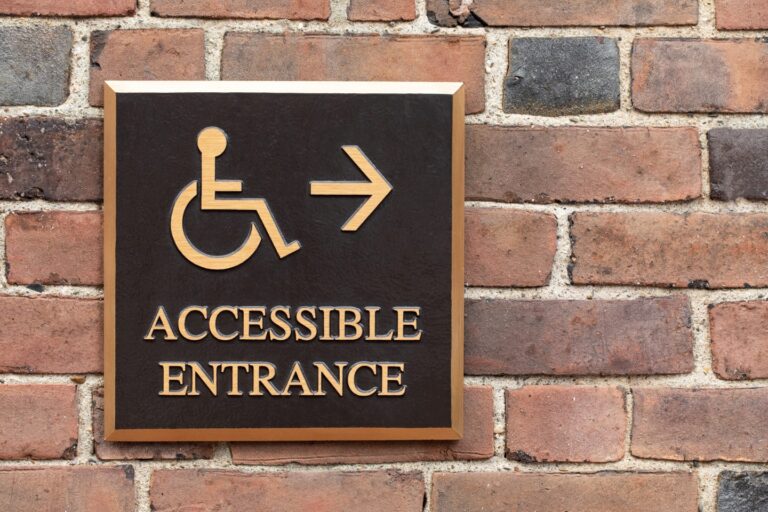
How making a complaint about medical treatment can help your medical negligence claim
If you have concerns about medical treatment you or a loved one has received, it’s best to speak with a specialist medical negligence solicitor as soon as possible. The earlier you speak to a solicitor, the quicker they can investigate your potential claim and, if you have one, seek compensation payments to fund treatment and other provisions required to meet your needs.
But it’s also worth noting you can lodge a complaint about treatment with your healthcare provider alongside speaking to a medical negligence solicitor. This can help kickstart an investigation into what happened and evidence gathered during the complaint investigation can be useful in a medical negligence claim.
Below I have outlined the process of making a complaint and things to consider.
When should I submit a complaint?
You can make a complaint as soon as you have concerns about the treatment you have received. Your concerns may relate to:
- Poor treatment or medical advice;
- A failure to take your consent properly;
- Mistakes made during a surgical procedure;
- A misdiagnosis or a delay in diagnosis.
The NHS recommends complaints should be made within 12 months of an incident occurring, or from when you become aware something went wrong.
If you make a complaint about your treatment to your GP, NHS trust or a private treatment provider, they are obliged to investigate and respond to you, outlining their findings – but there is no set time frame for their response. The process of investigation can take a long time, so it is best to start the process as early as possible, which also helps ensure the evidence is fresh and available for an investigation.
You don’t need to wait until you’ve had a response to your complaint before speaking with a solicitor. We recommend making a complaint as soon as possible and allowing the process to continue in the background while you speak with and instruct medical negligence solicitors.
How can I submit a complaint?
For complaints about treatment delivered by an NHS trust, you can contact the hospital’s Patient and Liaison Service (PALS) which will advise you on how to raise your concerns. PALS is a free, confidential and independent service that can be found in most hospitals.
Normally, you can submit a complaint in writing by letter or email, or over the telephone. I would recommend complaints are made in writing so you can clearly outline your concerns including the dates and timeline of the treatment complained of, ensuring nothing important has been missed. If you need help with raising a complaint, you can request an NHS complaints advocate to assist you.
For complaints to private medical professionals or other treatment providers, you should contact them directly and ask for a copy of their complaints policy which should explain how to make a complaint.
It’s worth keeping evidence of your complaints and concerns. Whilst your health records should accurately reflect the treatment you have received, it’s best to keep your own notes and records in case they go missing, there are discrepancies, or there are matters which have not been fairly reflected in your medical records.
Outcomes of complaints
There can be a range of outcomes in a written response from a treatment provider including:
- They may apologise and admit mistakes were made and things could have been done differently;
- They may admit some mistakes but deny you were impacted or injured by these mistakes, or that anything could have been done differently;
- They may set out learning opportunities and lessons learned meaning others won’t suffer from the same mistakes;
- They may deny any mistakes were made at all.
Making a complaint about treatment may be the first step towards getting some recognition of what happened and how it has affected you.
It may be reassuring to receive an apology or hear training is being put in place to make sure the same mistakes won’t be made again.
But the complaints procedure is not designed to award compensation. This is why we recommend speaking with a solicitor to advise you on whether you have a medical negligence claim.
What happens if I am not happy with the outcome of a complaint?
If you are dissatisfied with the way your complaint has been dealt with by an NHS body, you can complain to the Parliamentary and Health Service Ombudsman (PHSO). It’s important to bear in mind however that if you decide to go down this route, you cannot also bring a medical negligence claim and be awarded compensation in the courts.
The PHSO says: “If it looks to us like legal action would fully answer your concerns, or be able to give you all the results you are looking for, we may decide this is a better option for you.”
The PHSO cannot investigate complaints about private healthcare. You may be able to go to the Independent Sector Complaints Adjudication Service (ISCAS).
Client case studies
Several of my clients made complaints to their NHS trust before instructing me to bring their medical negligence claim. Even though the responses to their complaints did not include a full acceptance of mistakes, it was useful evidence as part of the investigations which assisted with their medical negligence claims.
Here are some real case examples explaining work we have done:
- My client, ‘Jennifer’, suffered a stroke when her anticoagulation was withdrawn by an NHS trust, and she submitted a complaint. Although the NHS trust denied any wrongdoing in response to her complaint, it provided a letter detailing its findings and I obtained expert medical evidence to review and give an opinion on whether the treatment had been negligent. The experts were of the view that the trust had been negligent, despite its response letter, and Jennifer’s medical negligence claim against the NHS trust was successful.
- My client, ‘Ahmed’, had a non-malignant brain tumour which was misdiagnosed for a cancerous condition. He made complaints to two NHS trusts which apologised, admitted mistakes had been made and recommended training to staff to make sure the same mistakes didn’t happen again. He brought a medical negligence claim against the NHS trusts and one admitted some responsibility and the other denied. He is now pursuing a medical negligence claim.
These case examples show even where the complaint responses where unfavourable, or only partially favourable, it was useful to consider the evidence that was given by the trusts. A denial that mistakes were made does not necessarily mean a medical negligence claim would fail.
Any evidence uncovered during the investigation must be provided to you and this can be vital in helping you and your solicitors decide whether you have a medical negligence claim that is likely to succeed.
The evidence may include witness evidence from medical staff which is useful because memories may fade over time about what happened, or the hospital staff may have moved on and become untraceable.
Making a complaint can therefore be an important tool alongside speaking to a solicitor. If you’re unsure where to start with making a complaint to your healthcare provider or whether or not you have a medical negligence claim, you can Bolt Burdon Kemp who would be happy to advise you in a free, no-obligation phone call with one of our experienced medical negligence solicitors.









